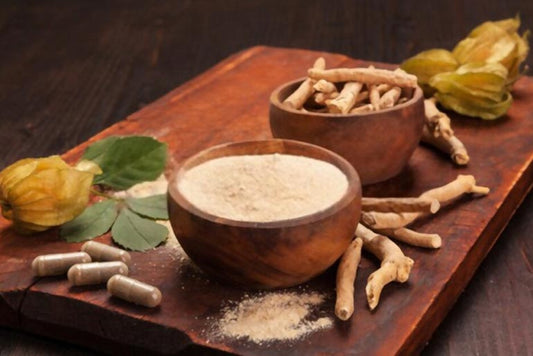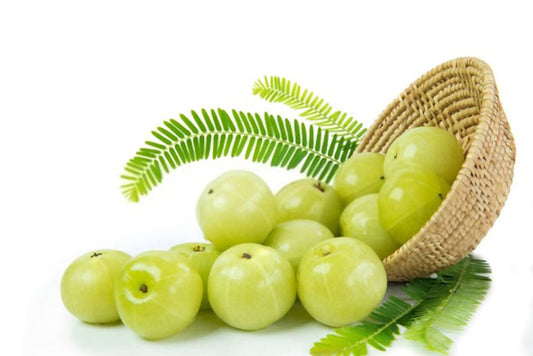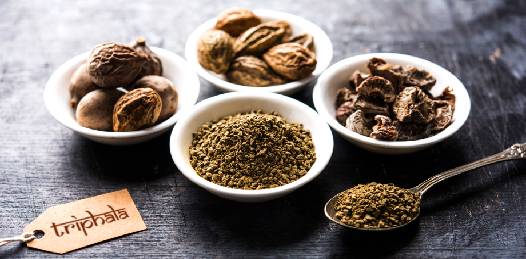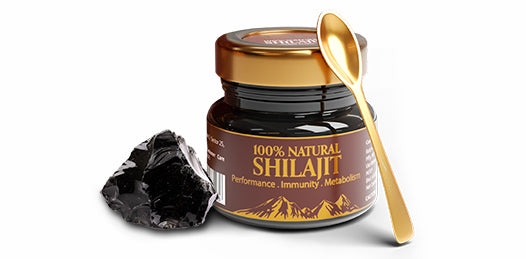An increase of Vata dosha in our body in winters can cause symptoms like dry skin, frizzy hair, cold extremities, popping or crackling sound of a joint, stiffness and immobility in the joints, tremors, bloating and fatigue.
Remedies and measures antagonistic to Vata dosha like heat-producing herbs, food and drinks, and measures that hydrate and moisturizes the body helps during the winter season.
Skin during winters get dry and dull. Due to dryness, there may be cracks on the heels, chapped and dry lips, open pores, and white lines on the skin. Wrinkles, crow feet, and fine lines are prominently seen during winter. In some individuals, the skin can become flaky and rough. Peeling in the skin on the palms and soles of the feet are also common during winter.
Some skin problems like eczema, psoriasis and rashes flare up during winters. Using indoor heating equipment is also dries up the skin making it look dull and weary.
Ayurveda recommends using herbs, diet and lifestyle that are heat-producing and hydrating in nature to combat the symptoms. Though moisturizers and body butter are readily available solutions, Ayurveda recommends using oils. Cold-pressed oils or oil infused with herbs are applied to the skin to provide deep nourishment. Oils are absorbed by the pores into the skin and provide moisturization at all levels of the skin.
You can follow these easy remedies to protect your skin in winters:

-
Follow a proper winter CTM routine for the skin
Winters are not an excuse to spare your skin from following a CTM routine. CTM makes the skin glow, smooth and rejuvenated. CTM stands for "Cleansing, Toning and Moisturising." In winter, Ayurveda advises using Ubtan to cleanse and rejuvenate the skin. Ubtan is composed of sandalwood powder, turmeric, Almond powder, and Rose mixed in a moisturizing base like honey, milk cream or yogurt. For those who think these home remedies are effective but tedious, you can use TAC Ubtan foaming face wash and Ubtan serum in your CTM routine to gain benefits.
Ubtan Face wash should be used twice a day to cleanse the skin. It visibly improves complexion, removes suntan and dullness, imparts brightness and glow to the skin. TAC 10% Niacinamide, 1 % Yashtimadhu Toner is very effective to close pores, removing makeup, oil and dirt from the skin. Ubtan serum can be applied and gently massaged on the face and neck once or twice a day. This CTM routine reduces pigmentation and blemishes, removes dead skin, restores moisture content in the skin, reduces fine lines and wrinkles.

- Oiling the Skin and Hair
Use TAC Eladi, Triphala & Hempseed Face and Body Glow oil to nourish and moisturize the skin naturally. Applying oil to the hair twice or thrice a week before hair wash also prevents dandruff and other scalp infections. This is a sure shot remedy to prevent scaling of the scalp. Use TAC Methi Bhringraj and Amla oil is the best for dry hair to nourish the scalp and prevent dandruff.
- Moisturize right after washing
Soaps or cleansers dry the skin and take the naturally occurring oils off the skin. Using a moisturizing body lotion, body butter, or cold cream is an easy and effective way to protect the skin during winters. If you have dry and cracked heels, apply a moisturizer and wear a sock to retain the moisture and promote healing. You can include Day and Night cream in your skin care routine to moisturize the skin. TAC Day cream with Manjishta Gotu Kola, SPF 15 and Nalpamaradi Curcumin Night cream with Retinol is very effective for winter use. 
- Avoid hot showers

- Apply Sunscreen Daily
- Use a humidifier at home

- Avoid scrubbing often
- Hydrate the body

- Follow a lip care routine:
Start by exfoliating your lips once or twice a week. You can use a natural lip scrub for this. TAC Beetroot and Vitamin C lip scrub with walnut shell powder remove all dead skin from the lips.
To moisturize your lips, use a generous amount of lip butter twice or thrice a day. TAC Beetroot and Indian Rose lip butter are made of natural beetroot and rose extracts and keep your lips soft and moist.
Home remedies for dry, frizzy and damaged hair:
- Massaging the scalp and hair with pure coconut oil or coconut milk is a sure shot remedy to cure dry scalp and dandruff.
- A homemade hair mask made with mashed banana, milk cream, and honey also nourishes the scalp, improves hair growth and adds shine to the hair.
- Massaging the hair and scalp with a mixture of yogurt and olive oil reduces frizz and prevents split ends.
- Increase the amount of Omega 3, ghee and butter in your diet. These foods are rich in Vitamins and good fats, thus keeping the hair strong and shining.
- Applying a mask of honey glycerin and olive oil once a week also softens the hair shaft and gives a lustrous look.

Hair wash routine for dry and frizzy hair:
- Apply hot oil to the scalp and hair shaft and let it soak in for 20 minutes before washing the hair. Oiling the hair is like using an overnight mask to nourish hair.
- Use an SLS and paraben-free shampoo for hair wash. Always dilute the shampoo with water while washing the hair. Do not use shampoo directly on the hair and scalp.
- Avoid washing your hair with hot water.
- Use a conditioner after hair wash. The TAC Methi Amla and Bhringraj haircare range are the best dry and frizzy hair products.
- To dry the hair, use a soft cotton towel. Do not blow hot air onto your hair.
- Trim your hair to remove split ends and groom regularly. Avoid using chemical-based treatments on your hair.
- Applying milk cream over the face to nourish and moisturize the skin.
- Applying a mask of lemon juice mixed with honey also hydrates the face and prevents dry skin.
- You can also apply some masks at home like the Avocado mask, banana-papaya mask, or greek yogurt mask also treats dry skin naturally at home.
- Using oil to remove makeup than a toner helps your dry skin. Oiling is the best method to take Care of dry skin in winters.
- Aloe vera gel is moisturizing and can be applied over the skin, cracked heels and even elbows and knees in winters.
- Applying glycerin to the face also keeps the skin moist.











